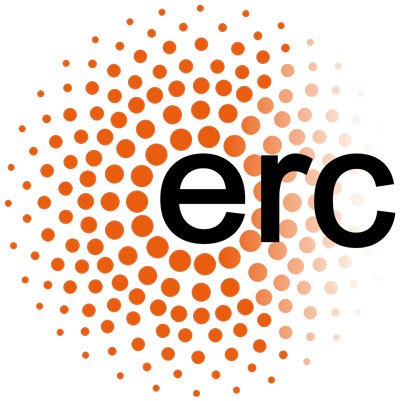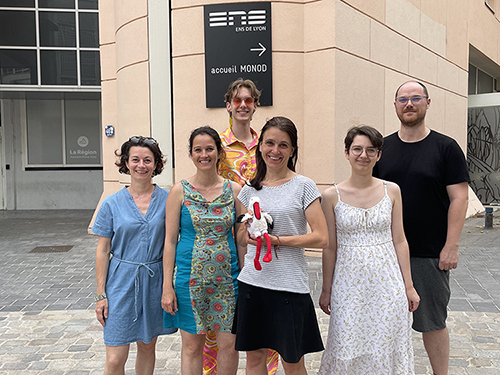
ERC Consolidator Grant 2022
Principal Investigator: Marie Sémon, Professor at ENS de Lyon
Project coordinated and hosted by ENS de Lyon
Research: Evaluating how pleiotropy influences genetic, developmental and morphological evolution by using rodent teeth
Field: Biology
Project
PLEIOTROPY - Evaluating how pleiotropy influences genetic, developmental and morphological evolution by using rodent teeth
Pleiotropy is the phenomenon of one gene affecting several phenotypic traits, such as different organs. Mutations advantageous in one organ often have antagonistic effects in others. Recent theoretical and empirical data suggest adaptation proceeds with such pleiotropic mutations if they are compensated during development. We think that pleiotropy may promote the fast divergence of developmental gene expression and cis-regulatory regions while selecting for such compensations.
To test this, our lab’s model, the upper and lower molars in rodents, will be ideal to:
- Link variation in genes, development and shape, and track compensations in developmental processes.
- Focus on a tractable case of pleiotropy with two organs.
- Compare the evolution for different pleiotropy constraints.
We have established a collection of rodents and methods to compare their genomes and developing molars.
PLEIOTROPY’s originality is to contrast 3 types of species: Ancestor-like molars (controls), and derived molars that evolved either in line with pleiotropy constraints (higher crowns in both molars), or against them (extra cusps only in the upper molar). Our hypothesis implies that gene expression and cis-regulatory regions evolve faster in the latter case.
We will:
- Compare how developmental gene expression in tooth germs evolve, and search for compensatory changes in developmental mechanisms.
- Survey how regulatory regions evolve, and test compensatory mutations.
- Model the joint evolution of upper and lower molars development to predict rates of genome evolution and compensatory mutations.
PLEIOTROPY exploits my unique expertise, examining genome evolution in connection with developmental evolution, to tackle the puzzling question of pleiotropy in evolution.
ERC foundings: 1'992'395 €
Duration: 5 years
ERC Consolidator Grants
ERC Consolidator Grants support promising researchers who are at the beginning of an independent research career. The consolidation of their own research team will be funded with the grant. For the evaluation of the researcher profile several benchmarks according to research domain and career development are taken into account. For instance, applicants should have several important publications without their PhD supervisor. Other benchmarks include publications as first author in high-ranking international journals, (translated) monographs, patents, conference presentations or (inter)national prizes and awards.
Research team

Principal Invertigator:
- Marie Sémon, ENS de Lyon Professor, col-leader of the LBMC's team Comparative and Integrative Genomics of Organ Development (CIGOGNE)
Team members:
- Sophie Pantalacci, CNRS research director - co-leader of the LBMC's CIGOGNE team
- Océane Chanel, engineer
- Claudine Corneloup, engineer
- Pascal Hangolani, post-doctoral researcher
- Thimothée Kastylevski, PhD student
- Mathis Lehmann, student at ENS de Lyon





